The Las Vegas Grand Prix was, given the circuit and the conditions, remarkably clean. The walls were in close proximity and the grip was at a premium on an extremely cold circuit.
There were two red flags in practice, but these were triggered by failures rather than accidents. Alex Albon stopped his Williams on track in FP2, while Aston Martin’s Lance Stroll barely made it out of the pits at the end of FP3.
Team bosses will almost always urge their drivers to be cautious, but it’s particularly important at this stage of the season. Many are close to breaching F1’s budget cap, and can’t afford more repair bills.
F1 introduced the restrictions in the 2021 season, and Red Bull were found guilty of a minor breach. While Max Verstappen won the championship that year, Christian Horner’s team escaped with a fine and a reduction in their wind tunnel time.
That’s because they exceeded the cap by less than five percent, in addition to a procedural breach. Aston Martin also committed the latter offence, which led to a smaller financial penalty.
In September, it emerged that engine suppliers Honda and Alpine had failed to follow the correct procedure in 2023. They had both complied with spending limits.
Williams likely to breach F1 cost cap after Franco Colapinto’s Las Vegas Grand Prix crash
Albon and Pierre Gasly both retired from Saturday night’s race. But they were able to crawl back to the pits despite their power unit issues.
There were no safety cars, virtual or otherwise, during the 50-lap Grand Prix. In fact, the only major crash came in qualifying, when Franco Colapinto suffered a 50G impact.
Colapinto hit the inside wall on the entry to turn 16 and scattered his Williams down the barriers on the exit. He had to pass a fitness test before he could race.
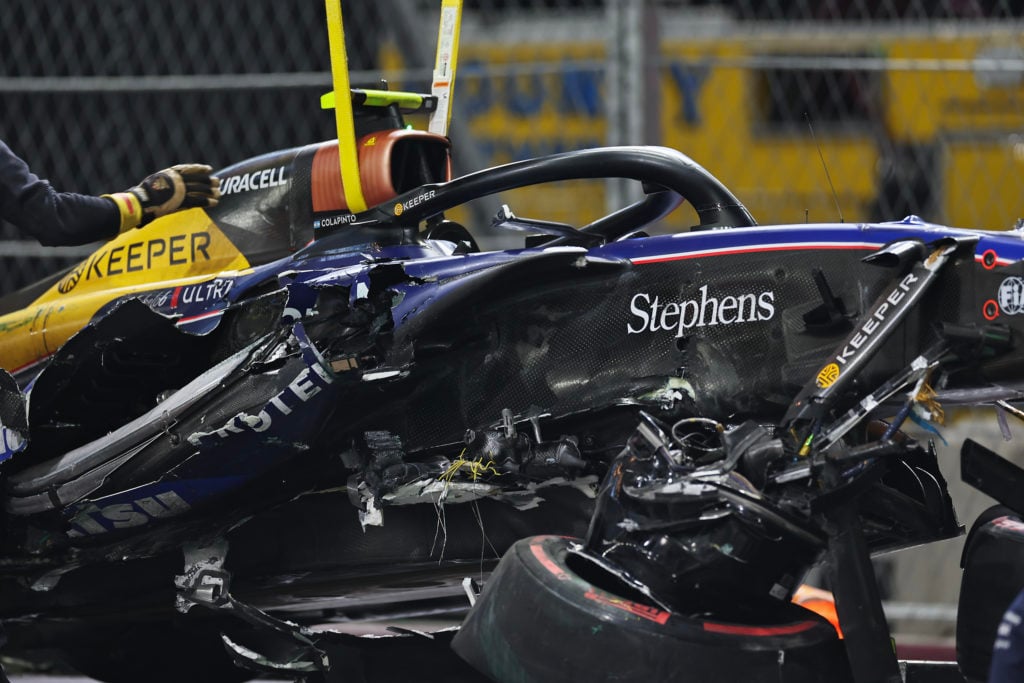
Williams were able to repair his car and start him from the pitlane. But according to Michael Schmidt, via the Formel Schmidt podcast, Colapinto’s crash will likely take Williams over the cost cap.
He said: “For Williams, it’s really tight now. They’ll probably exceed the budget cap, which means there’s also a penalty for the team. In that sense, [Colapinto] did them no favours.”
Why Carlos Sainz’s Las Vegas team radio will reassure James Vowles and Williams
Williams have publicly acknowledged for a while that they were on the brink of a breach. Unfortunately, crashes have been a recurring theme for the team this year.
The run-up to Vegas had been especially brutal. Between the start of the Mexico weekend and the chequered flag in Brazil, Williams drivers crashed five times (though not all through pure mistakes) to take their tally to 12.
| RACE | SESSION | DRIVER | ACCIDENT |
| Australian Grand Prix | Practice | Alex Albon | Error |
| Japanese Grand Prix | Practice | Logan Sargeant | Error |
| Japanese Grand Prix | Race | Alex Albon | Collision |
| Miami Grand Prix | Race | Logan Sargeant | Collision |
| Canadian Grand Prix | Race | Logan Sargeant | Error |
| Dutch Grand Prix | Practice | Logan Sargeant | Error |
| Azerbaijan Grand Prix | Practice | Franco Colapinto | Error |
| Mexico City Grand Prix | Practice | Alex Albon | Collision |
| Mexico City Grand Prix | Race | Alex Albon | Collision |
| Sao Paulo Grand Prix | Qualifying | Franco Colapinto | Error |
| Sao Paulo Grand Prix | Qualifying | Alex Albon | Error |
| Sao Paulo Grand Prix | Race | Franco Colapinto | Error |
| Las Vegas Grand Prix | Qualifying | Franco Colapinto | Error |
James Vowles had urged Colapinto to build up slowly in Las Vegas, but when he hit the wall he was pushing flat-out for a spot in Q3. A driver’s instinct will always be to take risks in those moments.
Still, with Colapinto set to drop into a reserve role or leave the team, Vowles will be reassured by Carlos Sainz’s radio messages last weekend. By demanding more from his engineers, he showed he was exactly the kind of leader they need.


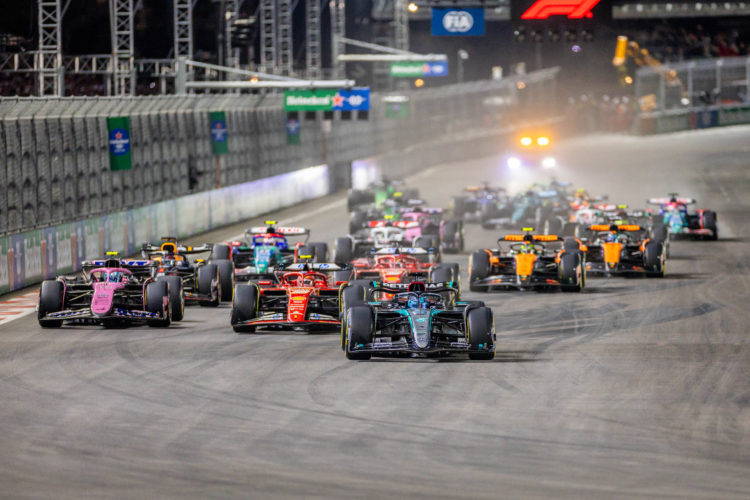
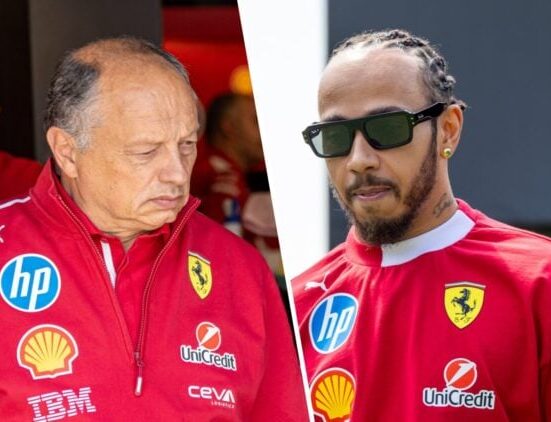
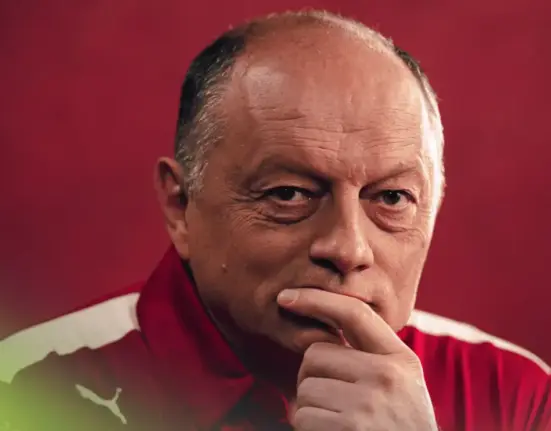

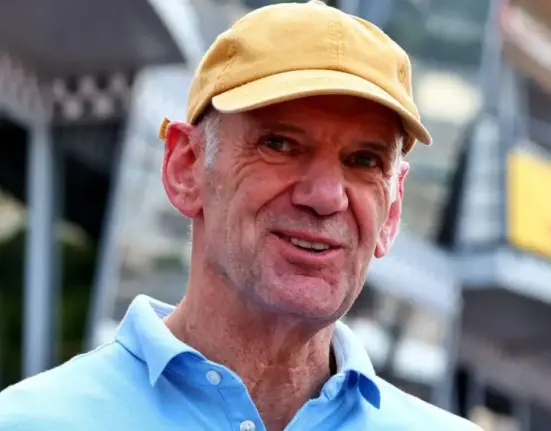
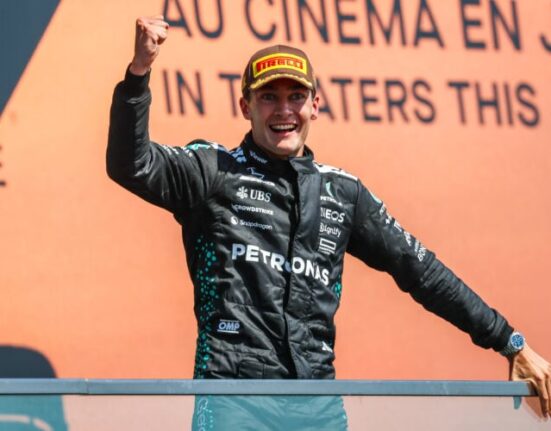

Leave feedback about this